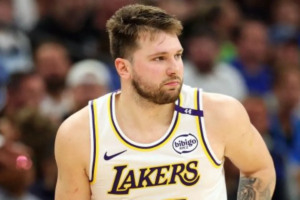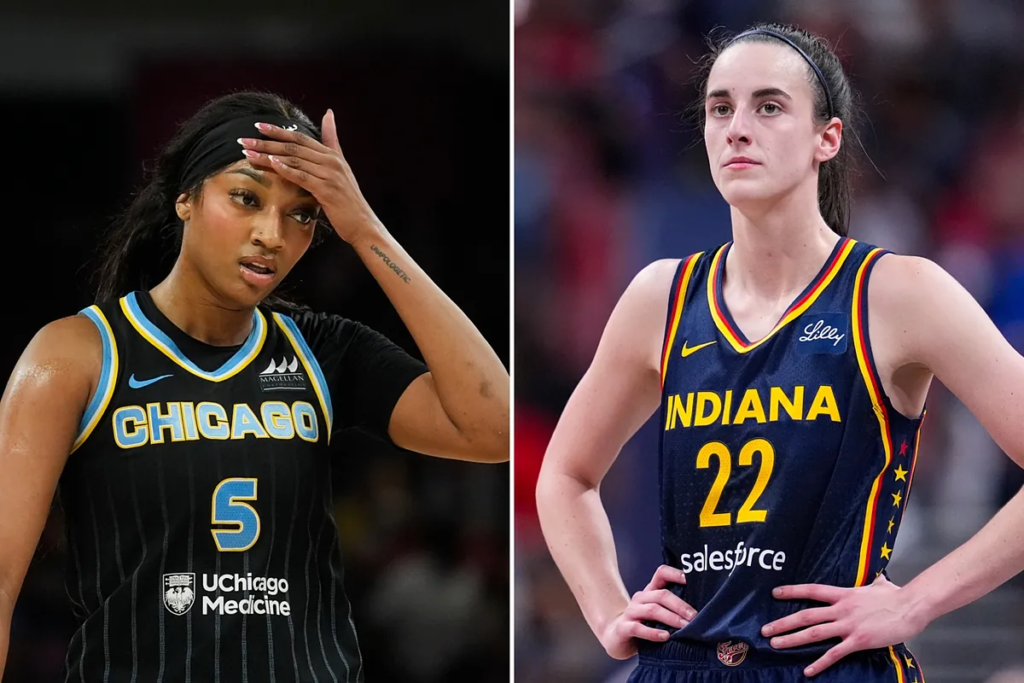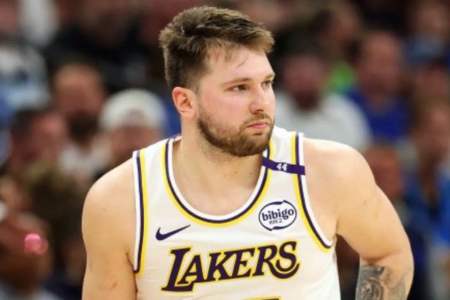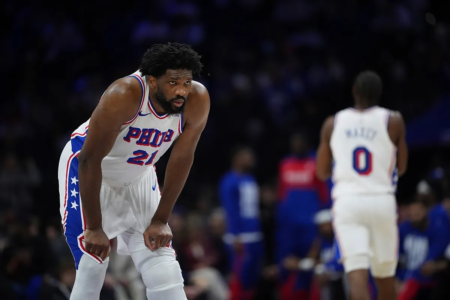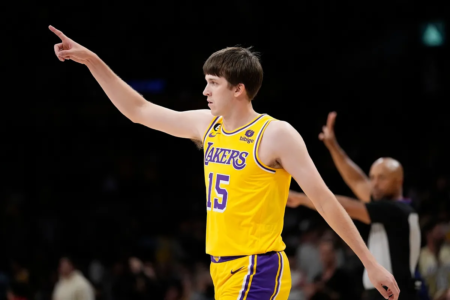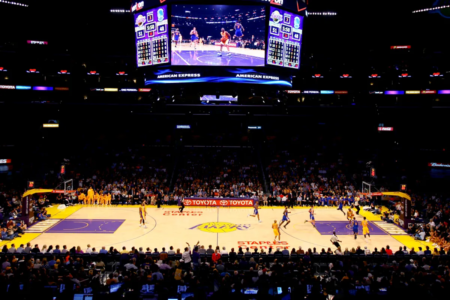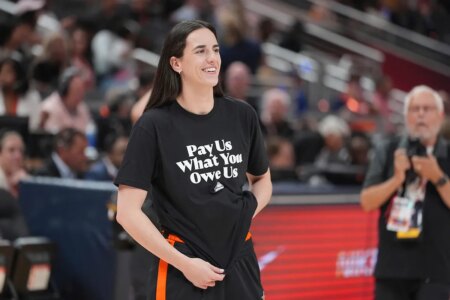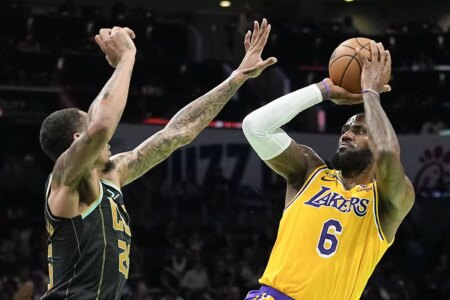The burgeoning rivalry between Caitlin Clark and Angel Reese has electrified women’s basketball-drawing fans, headlines, and record television audiences.
But lurking beneath the excitement is a less glamorous reality: relentless scrutiny, especially via social media. It’s a tension that former First Lady Michelle Obama addressed on All The Smoke, drawing attention to the emotional burden on young athletes today.
“I think the tough thing is the social media element to it, but that’s true across the board,” Obama noted. “It just takes a normal occurrence… these young kids today have to go through and be able to withstand, because social media is such a huge part of their world.
“But now the hate is in your room on your phone with you all the time, and you can’t tell these kids to turn it off, because they’re making their living that way. They’re expected to stay engaged. As you point out, that’s happening across sports across gender. It’s just harder now to withstand people’s horrible, horrible opinions.”
Social media hate takes its toll
The dynamic Michelle Obama describes highlight the unique pressures facing Clark and Reese. Both superstars in their own right, they carry not just the weight of competition, but the relentless glare of public scrutiny-often bordering on cruelty.
That digital backlash doesn’t stay in comment sections; it follows them into their bedrooms, their homes, and into every moment of downtime.
Clark, the Fever guard whose college years amassed attention across the globe, stepped into the WNBA with unprecedented hype. Angel Reese, with her powerful presence and defensive intensity, commands her own devoted following.
Their matchups are more than games-they’re pop-cultural events buoyed by thousands of tweets, posts, and reaction videos. But with every highlight reel comes an avalanche of criticism-and sometimes demeaning comments.
Obama’s point is clear: these aren’t typical critics-these are strangers hiding behind screens, equipped with keyboards and unchecked malice. The result is a mental burden that doesn’t pause between quarters or after pressers.
How can the WNBA protect them?
For the WNBA, this is a pivotal moment. The league is riding unprecedented visibility, fueled in part by this rivalry. Yet it must balance that excitement with safeguarding its talent.
Mental health protocols, media training, and access to counselors are more vital than ever. And as Michelle Obama underscores, asking players to ignore the noise is no longer realistic-when that noise is branded into their devices and hearts.
Clark and Reese, with their authenticity and talent, have the power to redefine what representation looks like. But as viewers and fans, there is a need to match enthusiasm with empathy. This isn’t just about basketball; it’s about how the next generation of women leading the sport are treated.
Read the full article here


